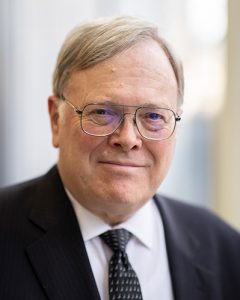La Recepción del Derecho de Libertad Religiosa en América Latina

Carmen Asiaín Pereira se desempeña como senadora en el Parlamento de Uruguay. Es doctora en derecho y ciencias sociales por la Universidad de la República y es profesora de derecho y religión, posgrado, en la Universidad de Montevideo y profesora de derecho y religión y de derecho de la salud, posgrado, Facultad de Teología de Uruguay Monseñor Mariano Soler. Como abogada acreditada ante la Corte Eclesiástica Nacional (Uruguay y Argentina) y socia del estudio de abogados Pollak & Brum, es litigante en derecho matrimonial canónico y asesora y litiga casos de libertad de conciencia y religión o creencias contra el Estado.
El siguiente es un resumen de sus comentarios como panelista en el Primer Simposio Brasileño sobre Libertad de Religión o Creencia, en el panel “Perspectivas Latinoamericanas sobre la Libertad Religiosa.” Los panelistas discutieron la libertad religiosa en el contexto del derecho internacional de los derechos humanos y, más específicamente, de los países del sistema interamericano: cómo se consagra con diferentes matices en las constituciones de los países latinoamericanos y qué problemas enfrenta la región.

